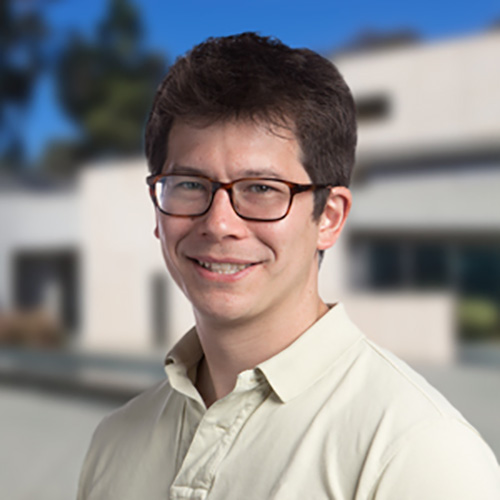
- This event has passed.
Organic Chemistry Seminar Series: Keary Engle (The Scripps Research Institute)
December 5, 2022 | 3:45 pm - 4:45 pm

About the Speaker:
Biosketch:
Keary graduated Phi Beta Kappa and summa cum laude from the University of Michigan, where he carried out research with Prof. Adam J. Matzger. During undergrad, he spent one summer with Prof. A. Stephen K. Hashmi at the University of Stuttgart as a DAAD RISE Fellow, and then spent the year after graduation performing research with Prof. Manfred T. Reetz at the Max-Planck-Institut für Kohlenforschung as a Fulbright Scholar and with Prof. Jan E. Bäckvall at Stockholm University as an IDECAT Exchange Fellow. He completed his graduate work jointly at The Scripps Research Institute with Prof. Jin-Quan Yu and the University of Oxford with Profs. Véronique Gouverneur and John M. Brown, earning a Ph.D. in Chemistry and a DPhil in Biochemistry. During grad school, he also carried out summer research with Prof. Kyoko Nozaki at the University of Tokyo as an NSF/JSPS EASPI Fellow. After completing a two-year appointment as an NIH Postdoctoral Fellow with Prof. Robert H. Grubbs at Caltech, Keary joined the Department of Chemistry at Scripps Research as an Assistant Professor in the summer of 2015 and was promoted to full Professor in 2020. His research interests lie at the interface of organometallic chemistry, organic synthesis, and catalysis. Outside of the lab, Keary enjoys running long distances, eating fried chicken, drinking good beer, and spending time with his wife, son, and fur daughter.
Research:
Organic small molecules make up the vast majority of medicines, biological probes, agrochemicals, and materials building blocks. Thus, though they are ubiquitous in modern society, many classes of small molecules remain problematic to prepare using conventional methods. Contemporary synthetic routes routinely require multiple steps, generate large quantities of waste, or require substantial human energy to troubleshoot. Research in the Engle group focuses on addressing these challenges by harnessing the power of catalysis. Our group’s goal is to advance the efficiency, effectiveness, and sustainability of chemical synthesis. The projects that we tackle are highly interdisciplinary, and as a consequence, students complement their core training in synthetic organic, physical organic, and organometallic chemistry with expertise in related disciplines in and outside of chemistry. Check the group website for more information.